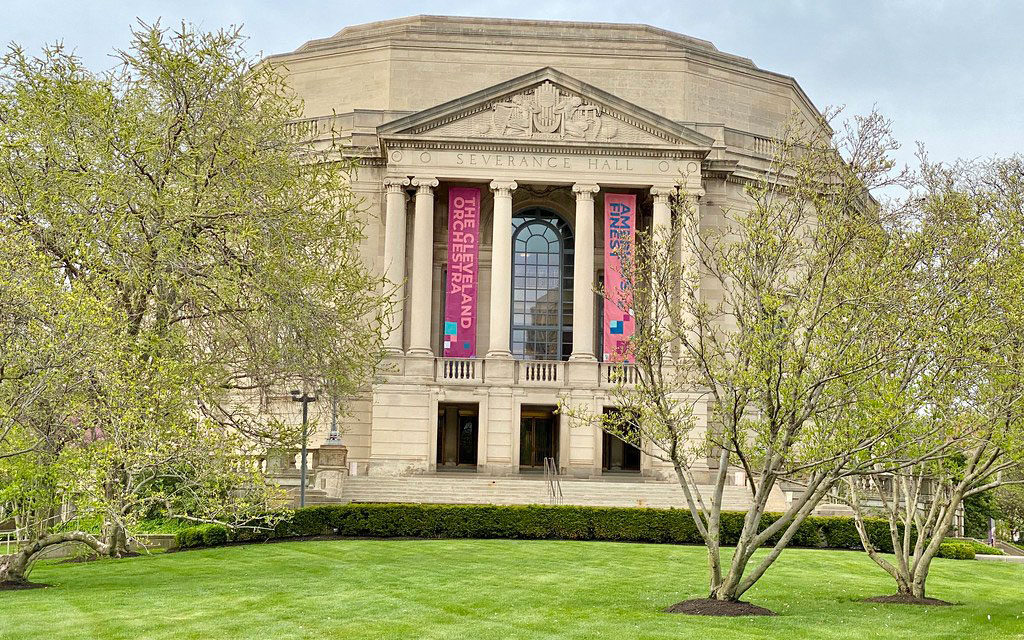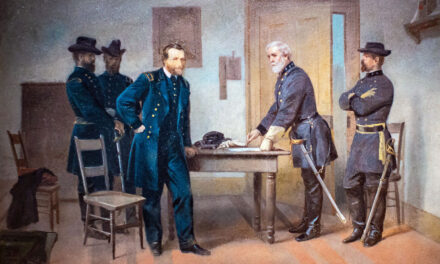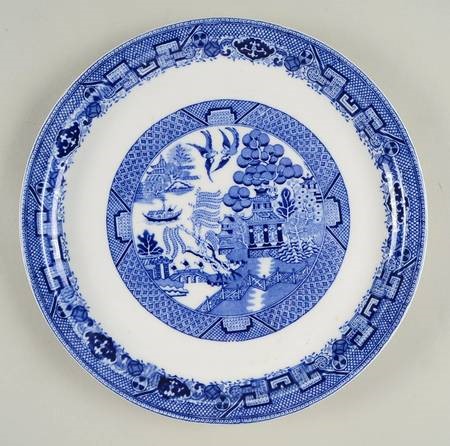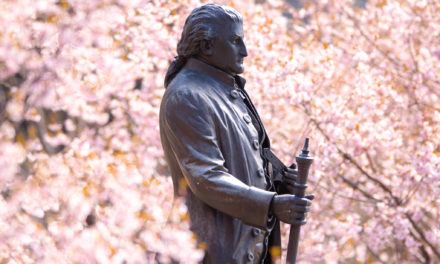CLEVELAND HISTORY
Cleveland Orchestra’s First Christmas Concert (December 16, 1931): The Cleveland Orchestra held its first Christmas concert, beginning a cherished annual tradition. Held at Severance Hall, this event showcased the Orchestra’s versatility and community engagement, bringing festive cheer to Cleveland residents through classical and seasonal music.
Opening of the Cleveland Clinic’s Taussig Cancer Center (December 17, 2000): This significant milestone in Cleveland’s medical history marked the opening of a state-of-the-art cancer treatment facility at the Cleveland Clinic. Named after renowned cardiologist Dr. Brian Taussig, the center has since played a pivotal role in cancer research and treatment, enhancing the quality of care for patients regionally and globally.
Founding of the Western Reserve Historical Society (December 18, 1867): Established to preserve and present the history of all the people of Northeast Ohio, the Western Reserve Historical Society has become a cornerstone institution in Cleveland, offering extensive archives, a library, and museum exhibitions that illuminate the rich history of the area.
First Broadcast of WMMS (December 19, 1968): WMMS radio station began its broadcast in Cleveland, quickly becoming an iconic station known for its influential role in the rock music scene during the 1970s and 1980s. It helped launch and promote major rock acts, becoming a key player in Cleveland’s identity as a music city.
Groundbreaking for Playhouse Square’s Restoration (December 20, 1973): This event marked the beginning of the restoration efforts for Playhouse Square, Cleveland’s historic theater district. The successful preservation and revitalization of these theaters helped prevent their demolition and spurred the regeneration of the downtown area, establishing Playhouse Square as one of the largest performing arts centers in the United States.
WORLD HISTORY
The Boston Tea Party (December 16, 1773): This pivotal event in American history occurred when American colonists, frustrated and angry at Britain for imposing “taxation without representation,” disguised themselves as Mohawk Indians, boarded three British ships, and dumped 342 chests of tea into Boston Harbor. This act of defiance was a key catalyst for the series of events that led to the American Revolution.
The Wright Brothers’ First Flight (December 17, 1903): Orville and Wilbur Wright made history on the beaches of Kitty Hawk, North Carolina, by achieving the first powered, sustained, and controlled airplane flight in a heavier-than-air machine. Lasting 12 seconds and covering 120 feet, this inaugural flight revolutionized transportation and opened the era of aviation.
Abolition of Slavery in the United States (December 18, 1865): The Thirteenth Amendment to the United States Constitution was certified, making it part of the Constitution, and officially abolishing slavery in the United States. This legal milestone followed the end of the Civil War and was a crucial step toward civil rights and equality, impacting millions of lives and reshaping the nation’s social and economic structures.
Premiere of “Titanic” (December 19, 1997): James Cameron’s “Titanic” premiered, quickly becoming a cultural phenomenon and one of the highest-grossing films of all time. The movie, noted for its historical accuracy, impressive special effects, and emotional depth, won 11 Academy Awards and significantly influenced the global film industry.
Montgomery Bus Boycott Victory (December 20, 1955): This marked the successful end of the Montgomery Bus Boycott, a pivotal event in the American Civil Rights Movement. Initiated by Rosa Parks’ refusal to give up her seat to a white man, the boycott led to a United States Supreme Court decision that declared the Alabama and Montgomery laws requiring segregated buses to be unconstitutional, effectively desegregating public transportation in Montgomery and becoming a powerful symbol of nonviolent protest.







